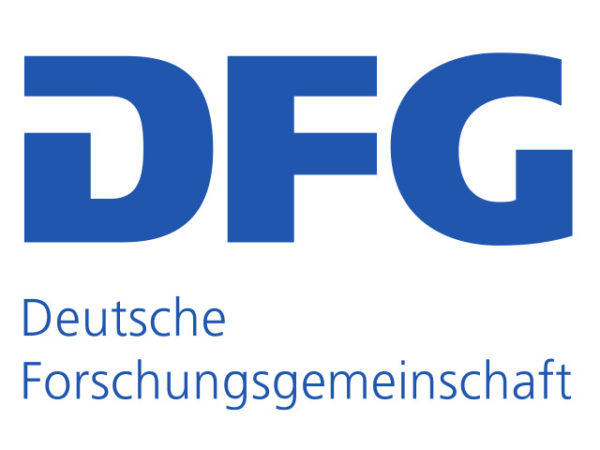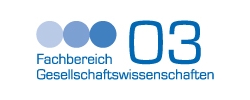- GU Home
- FB03
- Institut für Soziologie
- Professur für Soziologie mit dem Schwerpunkt Netzwerkforschung
- Forschung
- Religion, Religiosity, and the Social-Emotional Integration of Muslim Youth
"Religion, Religiosity, and the Social-Emotional Integration of Muslim Youth", Deutsche Forschungsgemeinschaft (DFG)

Principal Investigator: Prof. Dr. Lars
Leszczensky
Funding: DFG
Duration: 2018-2023
Why do Muslim immigrant-origin adolescents have fewer German friends than non-Muslim ones? And why do they identify less strongly with Germany? The planned project aims to answer these questions in order to provide a better understanding of the mechanisms that drive the social–emotional integration of Muslim youth. In particular, it will investigate whether Muslim religiosity hampers integration, a hypothesis often claimed but not sufficiently studied.
Comprehensive longitudinal secondary data analyses are at the heart of the investigation. Based on three complementary panel studies (CILS4EU, FIS, NEPS), the process of social-emotional integration of young Muslims in Germany between 11 and 20 years will be studied. In detail, we will examine to what extent religion and religiosity matter for friendship choices and the development of young Muslims' national identification. Furthermore, we will test whether non-Muslim youth exclude their Muslim peers, and, if so, what consequences this has for their social-emotional integration.
To gain a deeper understanding of these processes, two methodological approaches will supplement the quantitative analysis. Group discussions with friendship cliques will serve to establish the extent to which religion and religiosity affect the collective orientations of youth and determine their identity development. In choice experiments, Muslim and non-Muslim adolescents will choose between fictional peers of different religion and levels of religiosity. This allows for assessing the importance of these characteristics for friendship choices.
- Aktuelles und Presse
- Pressemitteilungen
- Öffentliche Veranstaltungen
- Uni-Publikationen
- Aktuelles Jahrbuch
- UniReport
- Forschung Frankfurt
- Aktuelle Stellenangebote
- Frankfurter Kinder-Uni
- Internationales
- Outgoings
- Erasmus / LLP
- Goethe Welcome Centre (GWC)
- Refugees / Geflüchtete
- Erasmus +
- Sprachenzentrum oder Fremdsprachen
- Goethe Research Academy for Early Career Researchers
- Forschung
- Research Support
- Forschungsprojekte, Kooperationen, Infrastruktur
- Profilbereich Molecular & Translational Medicine
- Profilbereich Structure & Dynamics of Life
- Profilbereich Space, Time & Matter
- Profilbereich Sustainability & Biodiversity
- Profilbereich Orders & Transformations
- Profilbereich Universality & Diversity






